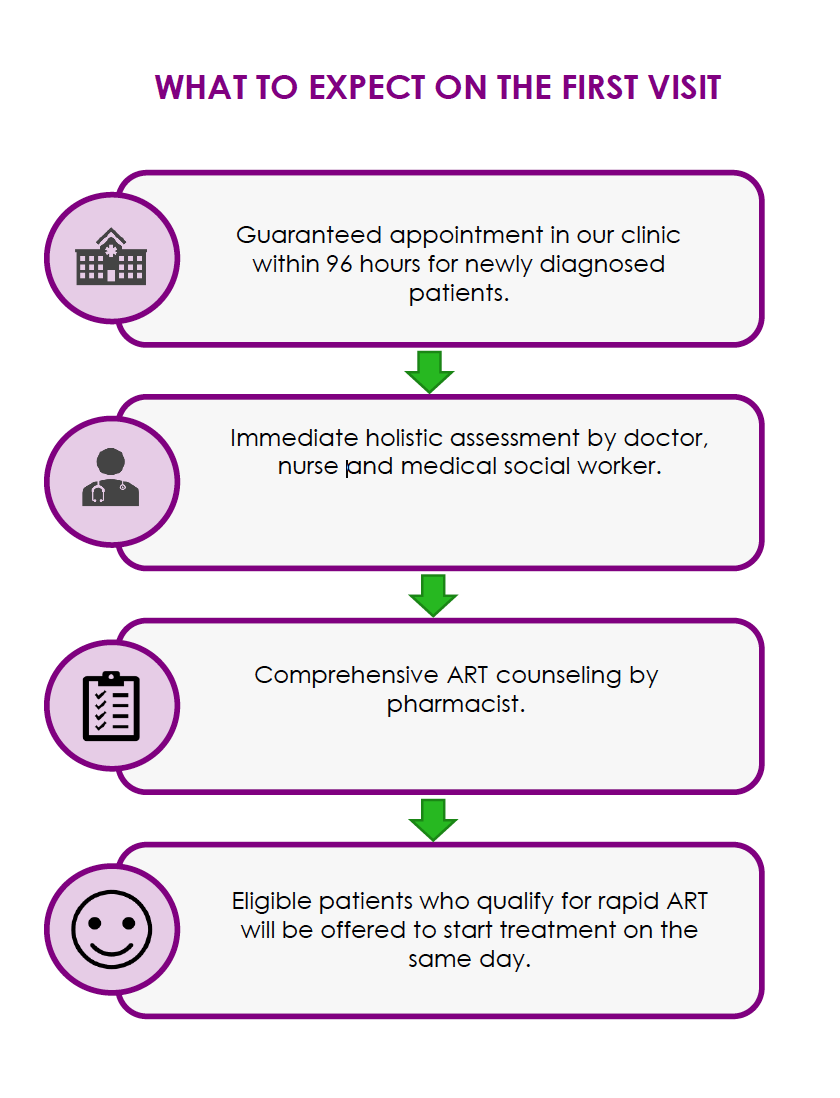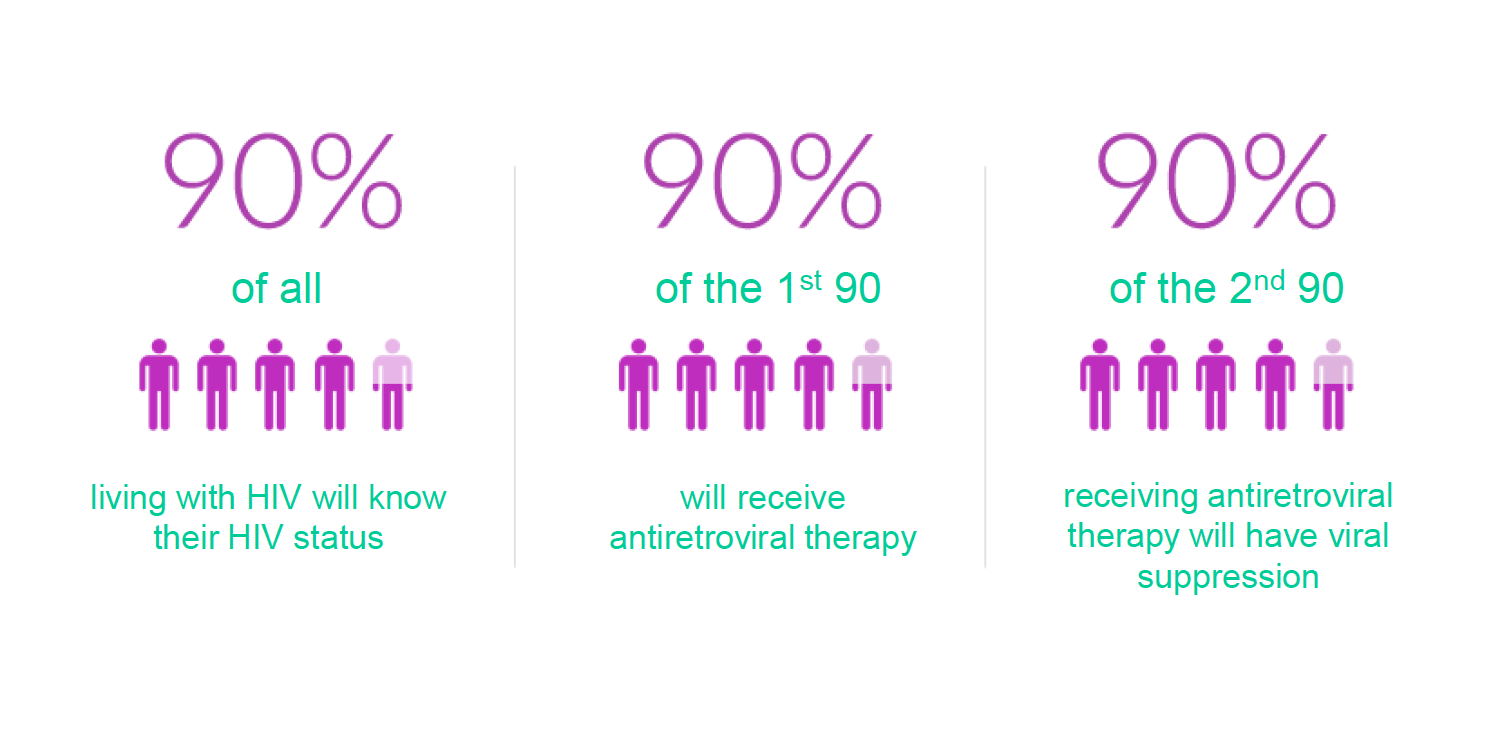NUH has launched a new programme called Same-Day Antiretroviral Therapy (ART).
This, said the hospital's Multidisciplinary Infectious Diseases Clinic (MIDC), is to help newly diagnosed HIV patients get access to life-saving medication, known as antiretroviral medication, faster.
Confirmation test take two weeks
Currently, patients who think that they might have contracted HIV can get tested at anonymous testing clinics, polyclinics, or the hospital (the Health Promotion Board has a list of anonymous HIV testing clinics which you can access here).
If this screening test is reactive, meaning it is a positive diagnosis, the patient have to undergo a confirmation test, which can take up to two weeks to produce a result.
If the confirmation test is positive, the patient will be scheduled an appointment with a HIV clinic — either in a public hospital or a private one. That is when they will start on antiretroviral therapy.
New programme gives access to medication faster
Under this new programme, newly-diagnosed patients will have access to medication faster.
They will be referred to the HIV clinic after the initial screening test indicates that they have HIV. The referral will take place while the confirmation test is being performed.
Patients will be offered an appointment within 96 hours from when they receive a reactive test result.
During this first appointment, the patient receives a comprehensive assessment, counselling, and the option to start antiretroviral therapy on the same day.
Here's a handy roadmap to illustrate the new programme:

Reduces anxiety, helps suppress virus faster
The goal of antiretroviral therapy is to help patients with HIV suppress their viral load until it reaches a stage where it becomes "undetectable", meaning it reaches a level so low that current testing methods cannot detect the virus in the blood.
The current medical understanding is that once a patient with HIV has attained "undetectable" status, they are unable to transmit the virus.
On average, a patient with HIV will take between two to six months to reach an "undetectable" status depending on what type of antiretroviral therapy medication they take.
Having access to antiretroviral therapy faster will hasten the process towards attaining undetectable status.
It will also lessen the burden of anxiety on newly-diagnosed patients.
According to the Programme Director of the Same-Day ART@NUH, Dr Dariusz Piotr Olszyna:
"With this new initiative, we are able to cut down the time for the initial blood test to start antiretroviral therapy by at least six weeks. This helps to reduce anxiety with a shorter waiting time and lower the risk of HIV transmission in the community."
Lastly, helping patients access medication faster also helps to ensure that these newly diagnosed patients don't fall off the grid during the waiting period and, for whatever reason, choose not to seek medical help.
Goal of ending HIV epidemic in Singapore by 2030
This programme is in line with NUH's goal towards ending the HIV epidemic in Singapore by 2030:
- Where 90 per cent of all people with HIV will know their HIV status
- 90 per cent people who know that they have HIV will be on antiretroviral therapy
- 90 per cent of the patients with HIV seeking therapy will achieve viral suppression

For more information on the Same-Day Antiretroviral Therapy programme, please contact the NUH Multidisciplinary Infectious Diseases Clinic (MIDC) via email or call +65 9186 2310.
Top images via visual-science and Wikipedia.
If you like what you read, follow us on Facebook, Instagram, Twitter and Telegram to get the latest updates.
